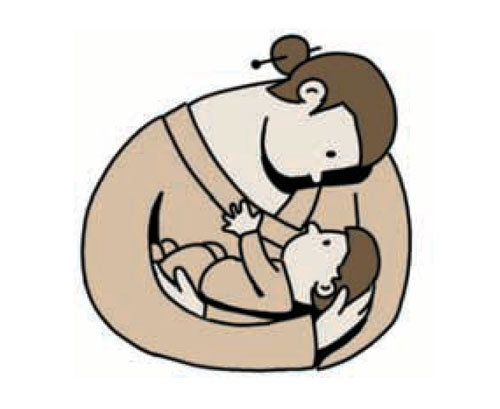Becoming a living martyr
Becoming a living martyr
Posted June. 12, 2019 07:43,
Updated June. 12, 2019 07:43

“Once you part ways from me, wail till your cries rend the sky. You should let people know you’re alive. That’s the only way you could survive. Your cries will be heard by the Lord, and by people, who would help you out of compassion in the end.” In a novel titled “Nan-ju” by Kim So-youn, Nan-ju, the daughter of Jeong Yak-hyeon (the eldest brother of Jeong Yak-yong), leaves behind her two-year-old son born of her marriage to Hwang Sa-yeong, a Catholic who was martyred during the Catholic Persecution of 1801.
In fact, it was Hwang’s correspondence that provided an excuse for the Sinyu Persecution in 1801. He attempted to send secret correspondence to Catholic priests in Beijing detailing the persecution, but the letter was intercepted en route. Hwang was executed, and his wife had to live the rest of her life as a maidservant. Yet, while many is known about Hwang, the history has paid no attention to his wife. It was always a man who would hog the limelight.
This is the point the novel takes note of. Unlike her husband, becoming a martyr was an unaffordable luxury for her, as she had a two-year-old son to care for. She had to feed him by any means, even if that means abandoning her religious faith. Nan-ju thought of the mother of Jesus whenever she needed comfort. “The Virgin Mary who conceived and gave birth to Jesus stood by him until his very last moment in life.” She chose to become a “living martyr.”
En route to the Jeju Island, as soon as the boat temporarily anchored at the Chuja Islands, Nan-ju tied her son up at a pine tree. “Wail till your cries rend the sky.” Her last wish was that her son could be discovered by somebody and not live a life like her own, as a slave.
She lived as a maidservant in the Jeju Island for 37 years, devoting and committing her life to serving the marginalized as Jesus did. She could never have a chance to see her son again during her lifetime, but the novel describes her reuniting and living with her son in later years. The ending, albeit fictional, may be the author’s intention to heal the wounds of Nan-ju. This way, a novel serves as another vehicle for us to express our condolences.
Headline News
- Israel prepares for retaliation against Iran
- Samsung reclaims top spot, surpassing Apple in smartphone market
- 77% of Koreans in 20s and 30s are 'Kangaroo Tribe' due to job crisis
- KBO referees embroiled in controversy over ABS decision concealment
- Inflation, oil price surge put double shock on global economy







